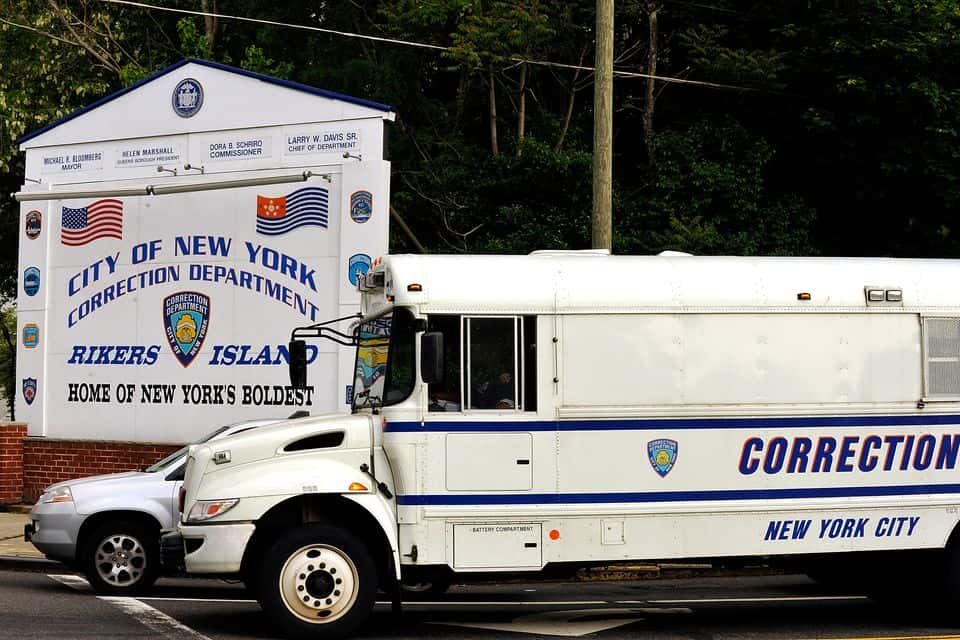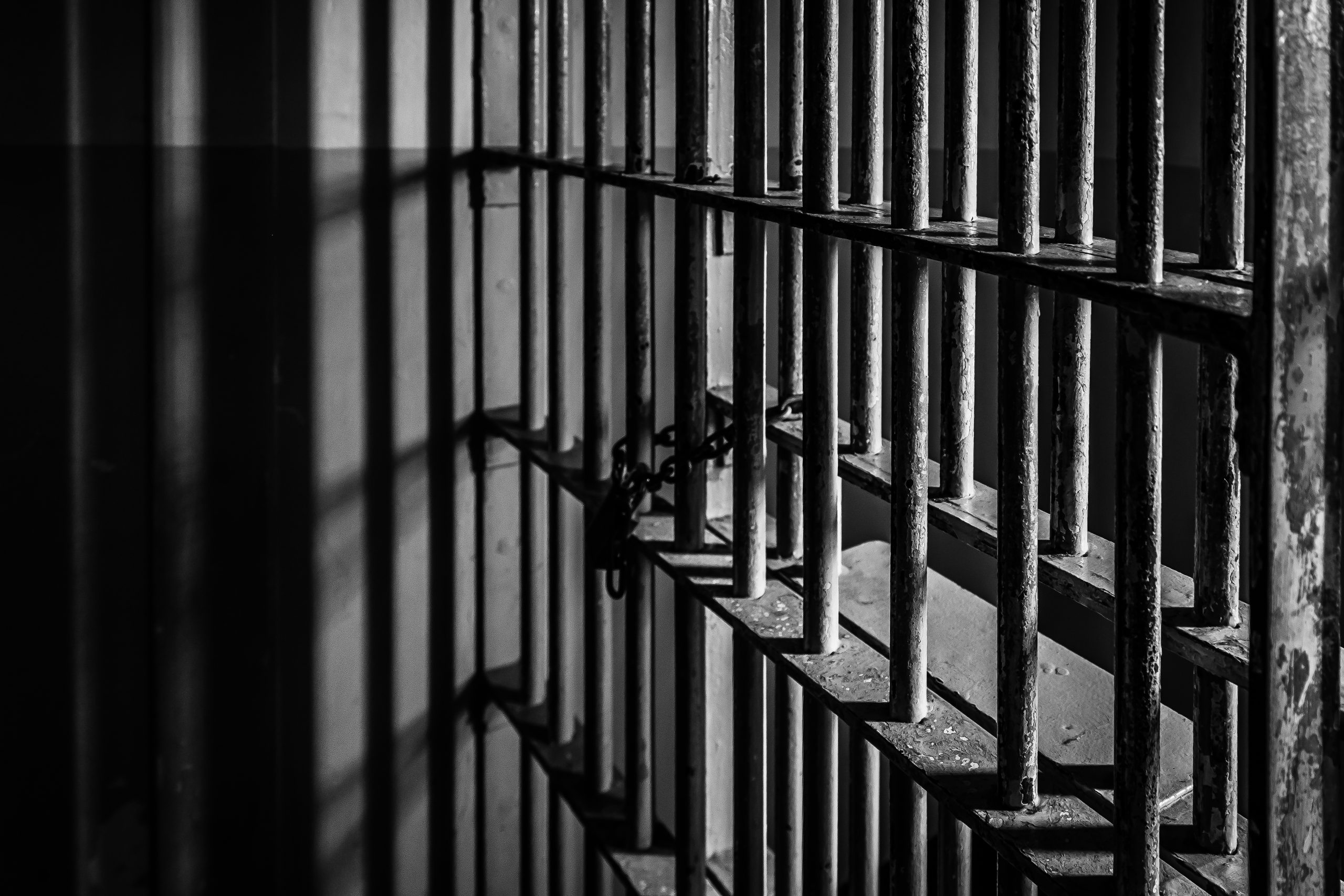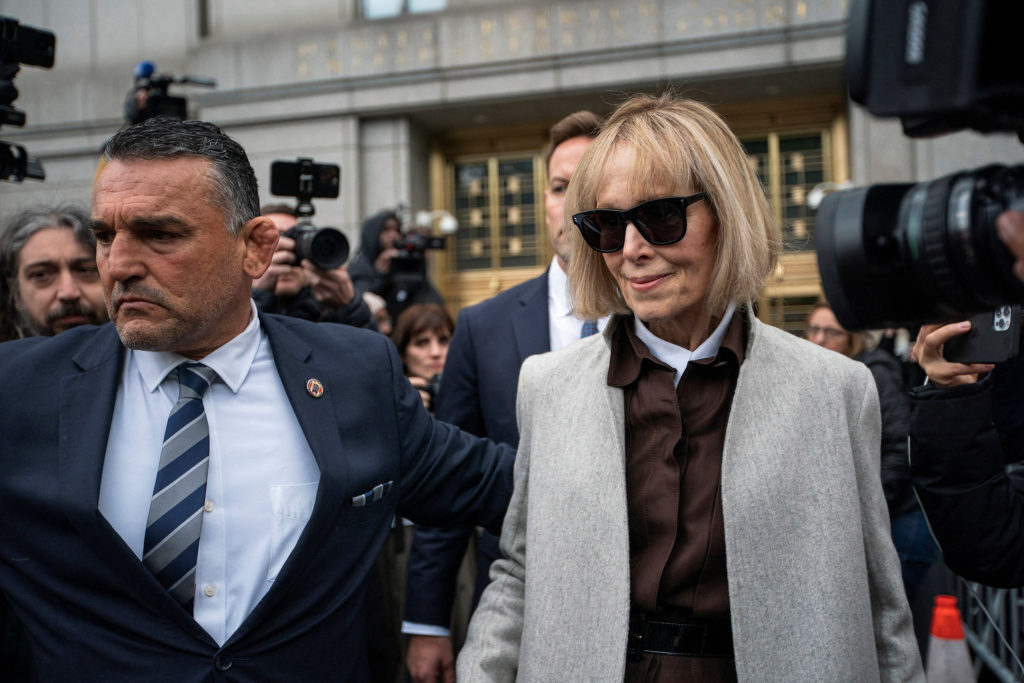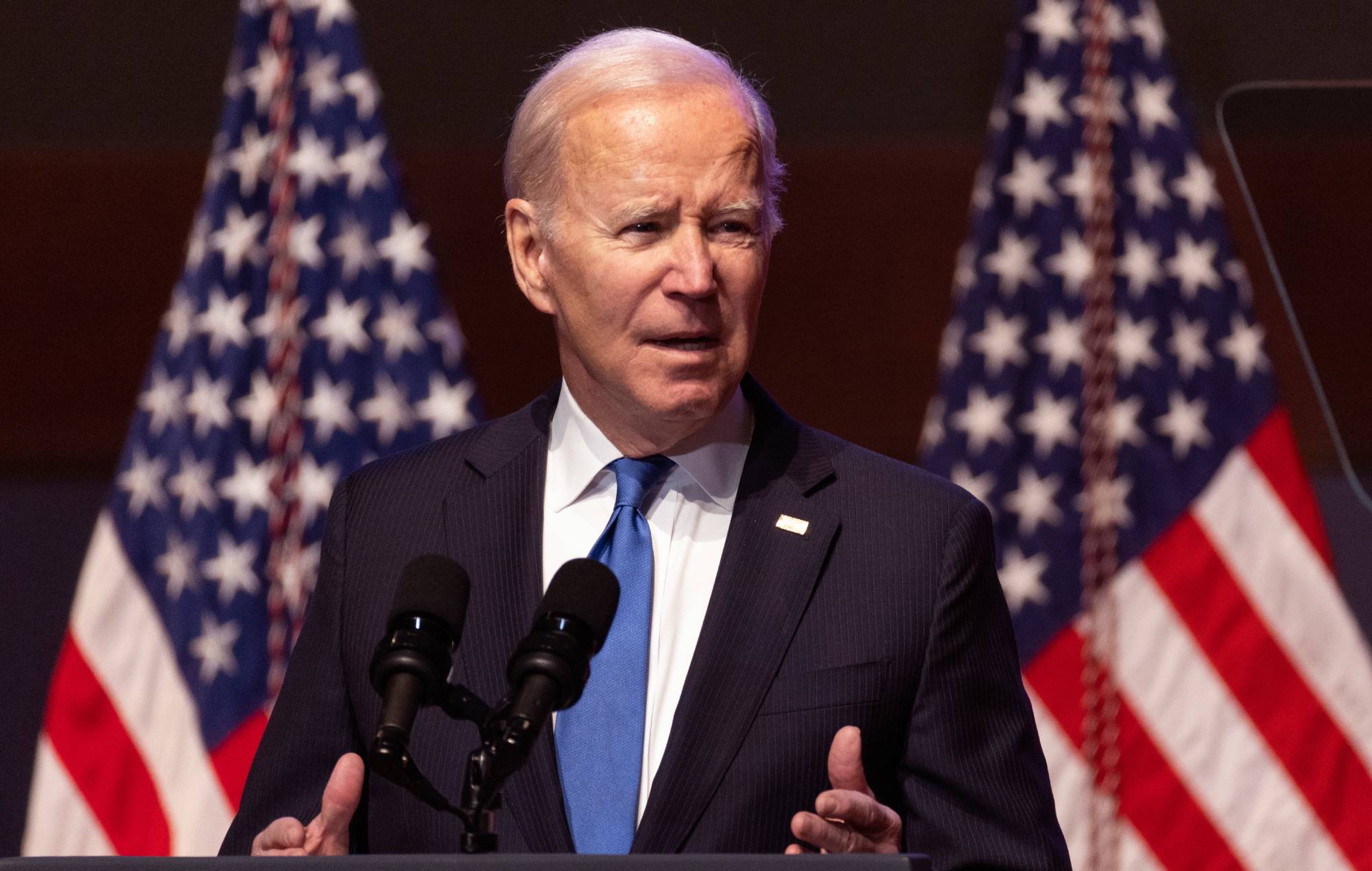Despite Mayor Eric Adams‘ concerns, the New York City Council enacted legislation on Wednesday prohibiting solitary confinement in the city’s jails.

NYC Council Passes Bill Despite Controversy
Mayor Adams, a Democrat, had encouraged the council to reject the plan, claiming that it would increase the hazards for both inmates and jail officials. The legislation, however, filed by New York City Public Advocate Jumaane Williams, garnered overwhelming approval and has enough support to override a hypothetical mayoral veto.
The measure places a four-hour time limit on isolating offenders who are regarded as an immediate threat to themselves or others, confining them to “de-escalation” units. Only individuals involved in violent episodes are eligible for longer-term restrictive housing, which includes 14-hour daily cell releases and access to programming not available to other offenders.
Jumaane Williams contended that extended solitary confinement is torture, citing data linking it to higher risks of suicide, aggression, and overdosing. Supporters, including members of New York’s congressional delegation, stressed the negative impacts of solitary confinement, such as anxiety, despair, and psychosis, which hamper an inmate’s capacity to reintegrate into society after release.
READ ALSO: Why ‘The Art of War’ and Amy Schumer’s memoir are banned in U.S. prisons
Solitary Confinement Debate Intensifies
The city’s iconic Rikers Island jail complex, which is currently facing federal involvement to reduce violence and is set to close, has been the focus of the solitary confinement controversy. The bill comes on the heels of California’s failed attempt last year to limit segregated confinement in prisons and jails.
The bill’s adoption also addresses issues made in a recent report by the Columbia University Center for Justice, which highlighted cases in which convicts were held for extended periods despite existing constraints. According to the research, inmates in restrictive housing might be locked up for up to 23 to 24 hours a day.
While hesitating to confirm a probable veto, Mayor Adams attacked a clause requiring a hearing before placing an offender in solitary confinement as absurd. The bill was also opposed by the Correction Officers’ Benevolent Association and the council’s Common Sense Caucus.
READ ALSO: New York City Council approves bill banning solitary confinement in city jails




